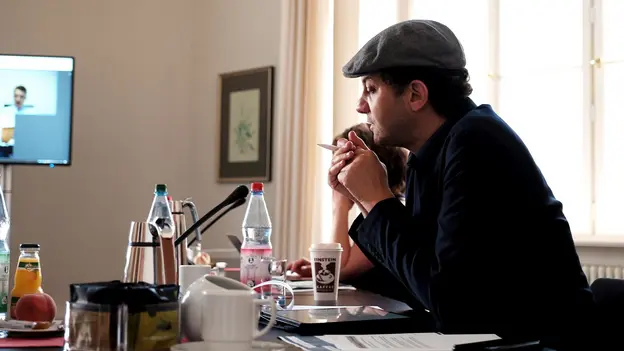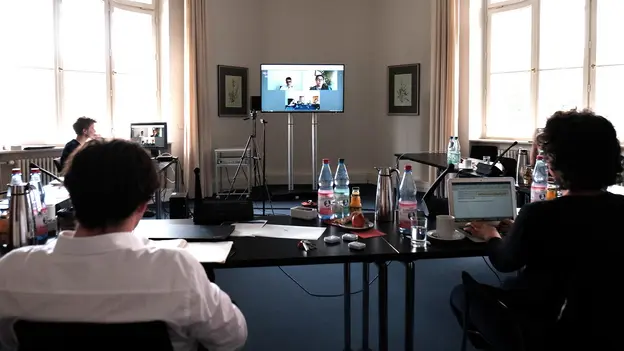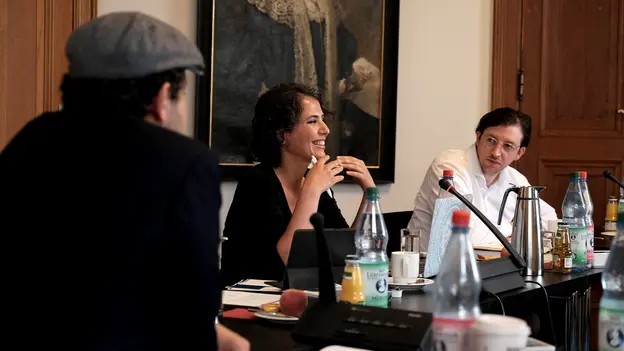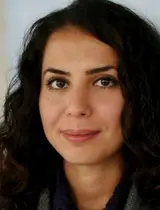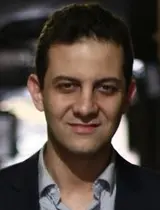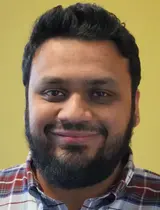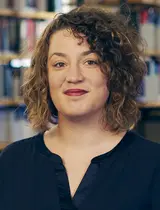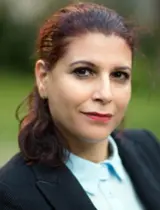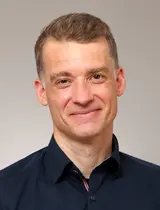Working Group Project
Theorizing in a Global World
Publication Project
In highlighting perspectives from Arab societies, AGYA members critically reconsider the way in which Europe and North America have historically been the site for the production of theory, while the rest of the world was perceived as the site of ‘culture’ to be processed through these theories.
As illustrated by the below mentioned contributions, the approach of this project comprises three research clusters. These clusters are forums for Arab-German scholarly exchange on different aspects of knowledge production ranging from the categorizing of research as ‘particular’ or ‘universal’ and structural aspects of international knowledge production to disciplinary formations and their contestation.
The Question of the Universal and the Particular: Challenging Modes of Knowledge Production
In her contribution to the project, AGYA member Prof. Dr. Anaheed Al-Hardan suggests that a mitigation of the hegemonic modes of knowledge production could be undertaken in two ways: First, through situating ‘particular’ Arab intellectual and theoretical production in the ‘universal’ social science and humanities disciplines, and second, through empirical case studies which build on such theoretical approaches and necessitate a relational study of European and Arab societies. Al-Hardan has been examining these research concerns through the decolonization era and south-south networks of decolonization, with the main research question driving her approach centering on how the theoretical production of Arab-German radical networks of the decolonization era can lead us to theorize the ‘particular’ as ‘universal’ today.
AGYA member Prof. Dr. Florian Zemmin argues for the necessity to account for the nexus of knowledge and power and acknowledge one's positionality as a researcher, with regard to both the overall structure of knowledge production globally and the set-up of individual research projects. In his contribution he studies how this consideration is reflected in his research on sociological knowledge production in Arab countries and his collaboration with Arab sociologists. He therefore asks if one can overcome Eurocentric perspectives from within the European academy itself.
Structural Aspects of Knowledge Production: Berlin as Capital of Arab Exile
With a focus on the Arab intellectual exile presence in Berlin, AGYA member Dr. Amro Ali attempts to draw a map of intellectual currents, worldviews, allegiances and modes of knowledge production that have been made possible for Arab scholars in the German capital. This exploration will allow new definitions of intellectual and exile that are relevant and unique to the Arab experiences of Berlin after the Arab uprisings of 2011. Accordingly, the project raises a central question: how can research better understand present realities and build a ‘manual of thought’, drawn from the lived veracities of the Arab world along with the experience of displacement, migration, movement, exile, alienation, and settlement in Berlin into a new narrative?
Dr. Mujtaba Isani will focus on current trajectories of knowledge production in the Gulf region. While natural sciences and engineering have traditionally been preferred subject areas in the Gulf region, there has recently been a push to generate indigenous social science literature. As the dominant trend in academia is to produce knowledge in English, there is concern over whether there is still a market for knowledge produced in Arabic. Is the knowledge generated by Arab researchers also considered to be generalizable to the rest of the world? Is the Arab community of knowledge production connected to German academia? There may be a perception that the Arab world is not a center of knowledge production; in which way does this influence the the research made in Arab countries?
Disciplinary Formations and their Contestation: Politics of Naming
Investigating the politics of naming that evolves around armed non-state actors in the Middle East and North Africa (MENA), AGYA member Dr. Hanna Pfeifer argues that the epistemology of studying such actors goes along with classifications into ‘state and non-state actors’ that carry hidden assumptions about the region and the actors under investigation. These assumptions reify dominant understandings of what a state and a ‘normal’ political order are, from which actually existing political orders ‘deviate’. She discusses the effects that the politics of naming have on a political and academic level. Her project revolves around the question how names given to certain actors shape our understanding of them and the conflicts in which they are involved, influence conflict dynamics, and how they open or close possibilities of engaging armed non-state actors.
Dr. Nahed Samour turns to Germany as the liberal rule of law state and its legal handling of security questions. Her research questions addresses how the period post 9/ 11 has affected the law in its handling of individuals and communities. While Germany has rejected to follow the ‘war on terror’ doctrine and has refused to develop an ‘enemy law’ (Feindstrafrecht), Samour tracks how questions of religion and race have entered legal security measures. Similar to Hanna Pfeifer, she discusses the effects of the politics of naming, as the term ‘Gefährder’ has been introduced to the political field and is emerging as a legal term with wide-ranging consequences. The term, aiming at potentially dangerous persons, challenges the very foundations of the rule of law and has possible effects beyond the targeted individuals but for Arab and Muslim communities at large.
The vivid exchange between the involved researchers was facilitated through both online and in-person workshop sessions, in which commonalities and differences in both argumentation and perspective were identified. The project has benefited from the continuous interaction and collaboration among all members.
- Disciplines Involved
- Global Studies, History, International Relations, Islamic Studies, Law Studies, Middle Eastern Studies, Philosophy, Political Science, Sociology
- Project Title
- Theorizing in a Global World: Arab Approaches to Transformations in Germany
- Year
- 2021 - 2022
- Funding Scheme
- Working Group Project
- Working Group
- Dynamics of Transformation
- Countries Involved
- Egypt, Germany, Lebanon
